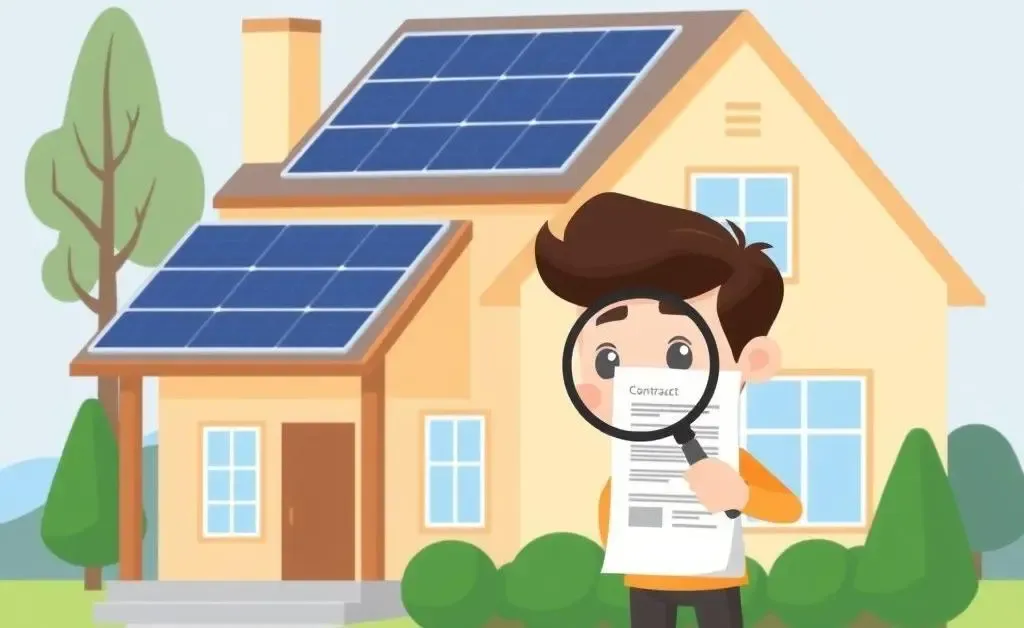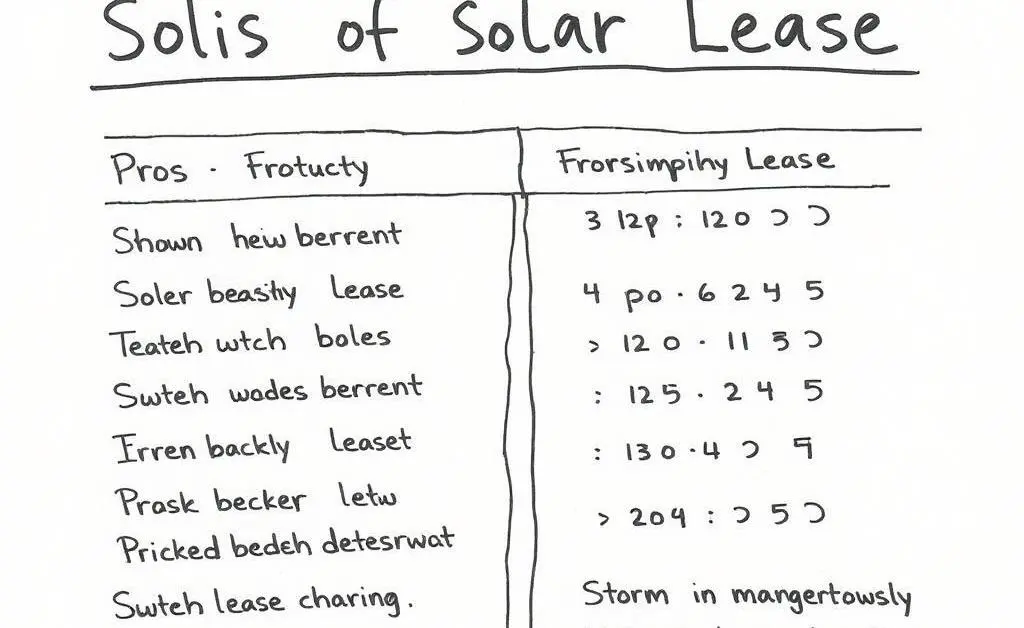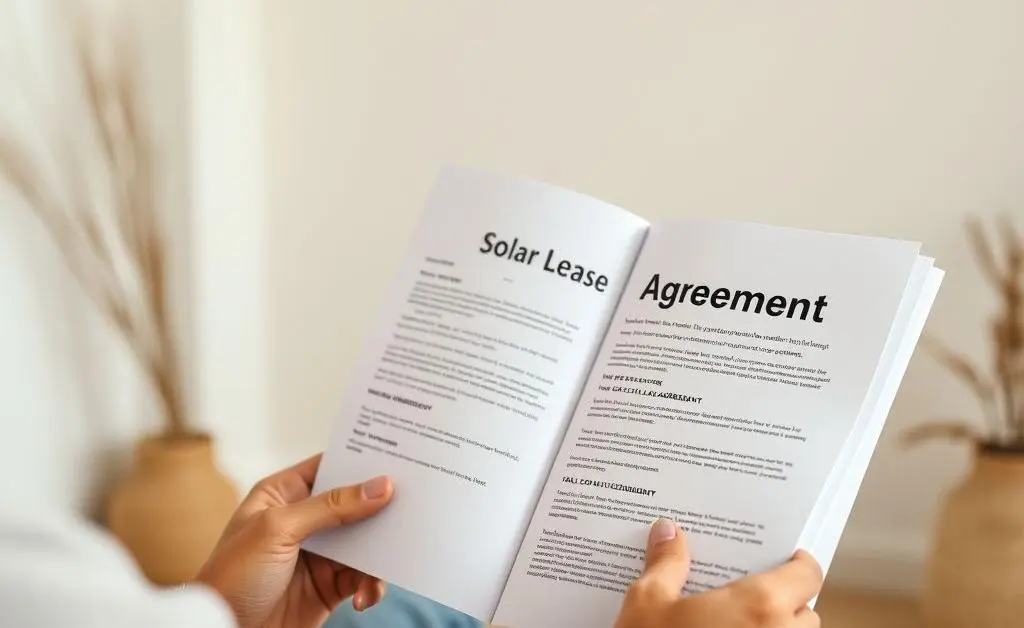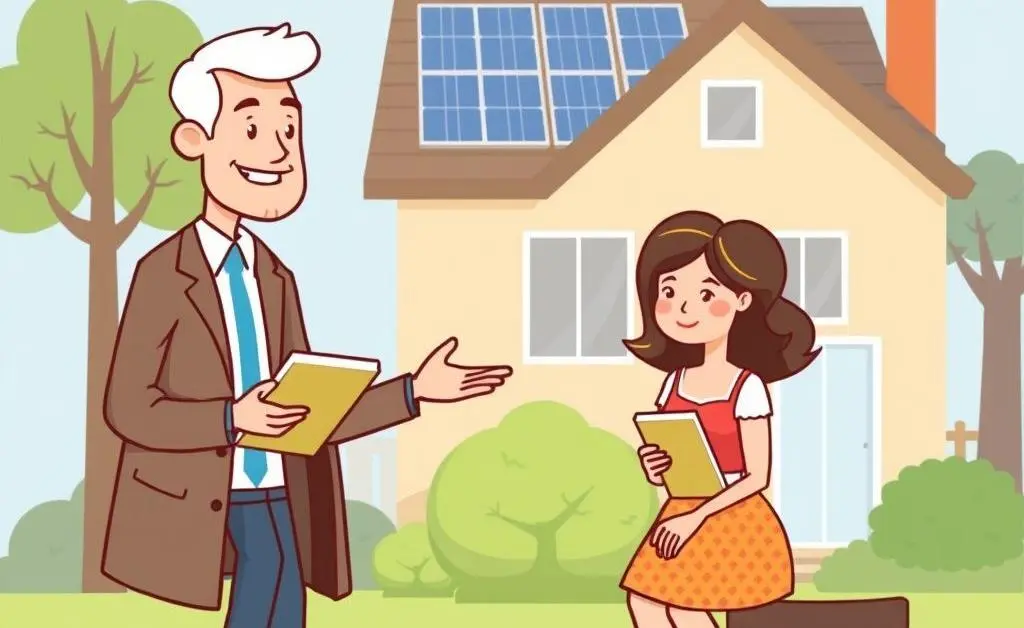Safeguarding Your Home Investment: Navigating Solar Lease Traps
Unravel potential pitfalls in solar leases when buying a home. Smart insights and practical tips await!

Ever considered buying a house only to uncover it's encumbered by a complicated solar lease? You're not alone. More homeowners are encountering this conundrum as solar panel installations soar in popularity. Fear not; we're here to break down what you need to know and do to glide smoothly through this solar maze.
What is a Solar Lease?
A solar lease is an agreement where a company installs solar panels on your property, and in exchange, you pay a set monthly fee—usually a bit lower than your traditional energy bill. While it sounds like a win-win, there are hidden caveats when selling or buying a home.

The Pros and Cons of Solar Leases
Let's break down the pros and cons:
- Pros: Low initial costs, maintenance often handled by the company, predictable energy expenses.
- Cons: Transfer complications during home sales, long-term contracts, and potential cost escalators.
Understanding the Agreement
Before you dive into a purchase, pull out the ol' magnifying glass. Read the lease agreement thoroughly. Pay special attention to:
- Transferability: How does the lease get transferred to you, the new buyer?
- Escalators: Will your payments increase annually?
- Termination Clause: Are there penalties for ending the lease prematurely?

Questions to Ask Before Sealing the Deal
Having your questions answered is key. Here are some essentials:
- What happens to the lease if the house is sold?
- Is the solar company esteemed and reliable?
- Are there any incentives or rebates available if you take over the lease?
Seek Expert Guidance
Beyond reading the lease, engage a real estate agent or lawyer familiar with these deals. They can pinpoint red flags you might miss and suggest negotiation strategies.

The Market Perception
How does the market view leased solar panels on properties? The jury's still out. Some buyers view them as assets, reducing energy bills and carbon footprints, while others see potential financial burdens and hassles.
Conclusion: Is It Worth It?
Ultimately, whether to proceed with a home encumbered by a solar lease depends on your answers to the above questions and your comfort with the terms. With the proper homework and questions, you can confidently decide. Are solar panels part of your dream home vision, or just a bright addition you can live without?




